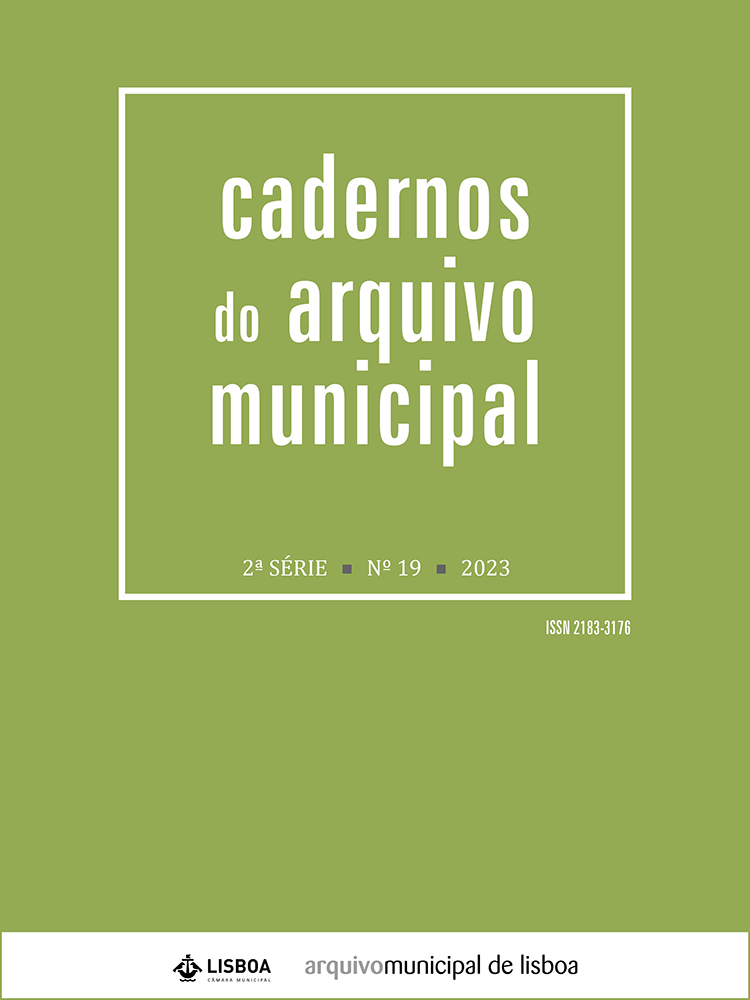Transitando entre identidades após a independência: homens portugueses no Brasil do século XIX
DOI:
https://doi.org/10.48751/CAM-2023-19224Palavras-chave:
Identidade coletiva, Micro-história, Emoções, Práticas afetivas, “Brasileiro de torna-viagem”Resumo
Em 1870, aos 11 anos, Antônio Gonçalves de Carvalho deixou Portugal para seguir seu pai com destino ao Brasil. A travessia do Atlântico se tornaria tão central para Antônio quanto fora para seu pai e continuaria sendo para seu filho. A leitura atenta de fontes primárias inexploradas revela como as nações portuguesa e brasileira se fundem numa identidade sincrética expressa nas palavras de Antônio: “Vim para a vida na idolatrada terra de meus pais, e desejo deixar a vida na adorada terra de meus filhos”. O que pode servir de base para as identidades nacionais? Os documentos da família Carvalho oferecem a possibilidade de um novo olhar sobre uma questão que a historiografia tem abordado convencionalmente por meio de raça, etnia e religião. Ao descentralizar as categorias usuais e considerar as emoções, este trabalho sugere que os sentimentos de pertencimento podem ser uma questão de prática e não de destino.
Downloads
Downloads
Publicado
Como Citar
Edição
Secção
Licença
Direitos de Autor (c) 2023 Marcia Esteves Agostinho

Este trabalho encontra-se publicado com a Creative Commons Atribuição-NãoComercial 4.0.
Os autores conservam os direitos de autor e concedem à revista o direito de primeira publicação, com o trabalho simultaneamente licenciado sob a Licença Creative Commons Attribution CC BY-NC 4.0 que permite partilhar e adaptar o texto desde que se atribua corretamente a sua autoria com reconhecimento da publicação inicial nesta revista.








